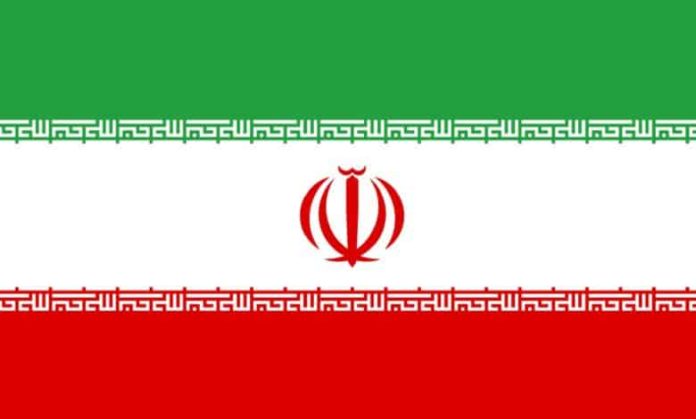Tehran | Iran has announced it will resume nuclear negotiations with European powers this week, with discussions scheduled to take place in Istanbul, Turkey, on Friday. This marks the first round of diplomatic talks since the devastating 12-day war between Israel and Iran in June, which also witnessed targeted U.S. strikes on Iran’s nuclear sites, reported the Hindu.
The high-stakes meeting will bring together Iranian officials and representatives from Britain, France, and Germany—collectively known as the E3 nations. Also participating will be the European Union’s foreign policy chief, Kaja Kallas. According to Iranian Foreign Ministry spokesman Esmail Baghaei, the talks will be held at the deputy ministerial level and will focus on lifting sanctions and discussions related to Iran’s peaceful nuclear programme.
The 2015 nuclear agreement, officially known as the Joint Comprehensive Plan of Action (JCPOA), initially placed strict limitations on Iran’s nuclear activities in exchange for sanction relief. However, the deal began to unravel in 2018 when the United States unilaterally withdrew from the agreement under President Donald Trump and reinstated sweeping sanctions.
Tensions have escalated since the June conflict. The U.S. bombed three major nuclear sites in Iran during Israel’s military offensive, resulting in the deaths of approximately 1,100 Iranians—including nuclear scientists and military officials. Twenty-eight people were also killed in Israel.
Germany has confirmed its participation in the Istanbul talks, stating the goal is to find a “sustainable and verifiable diplomatic solution.” A spokesperson reiterated that Iran “must never acquire a nuclear weapon” and warned that if no progress is made by the end of August, the E3 may trigger the JCPOA’s “snapback” mechanism to reimpose sanctions.
Iran, however, has pushed back strongly. In a letter to UN Secretary-General António Guterres, Iranian Foreign Minister Abbas Araghchi accused the E3 nations of violating their own obligations under the nuclear deal and labeled their threat to trigger snapback as a “legal and political abuse of process.”
He further criticized the trio for backing what he called “unprovoked and illegal” Israeli and U.S. military actions. Araghchi insisted Iran remains open to diplomatic solutions and is committed to addressing all nuclear and sanction-related concerns.
Meanwhile, the International Atomic Energy Agency (IAEA) reported that as of May 17, Iran had stockpiled 408.6 kilograms of uranium enriched up to 60%—just one step below weapons-grade levels. The report came shortly before the Israeli and U.S. attacks on Iranian nuclear infrastructure.
The E3 continues to stress diplomacy but remains firm that snapback sanctions are on the table if Iran fails to comply with the nuclear agreement’s terms. Iran, in turn, insists its nuclear program is strictly for peaceful purposes and rejects allegations of weaponization.




